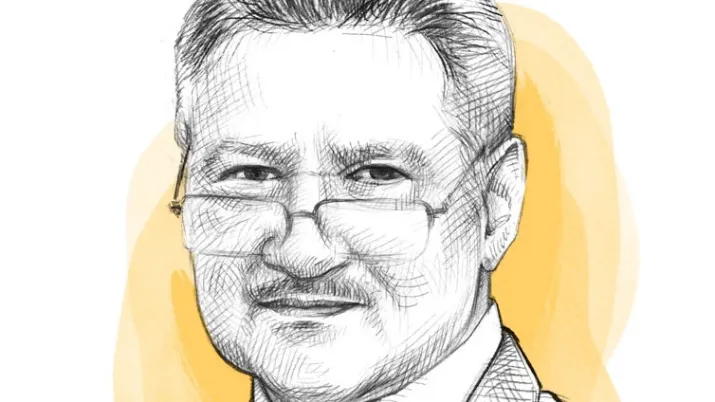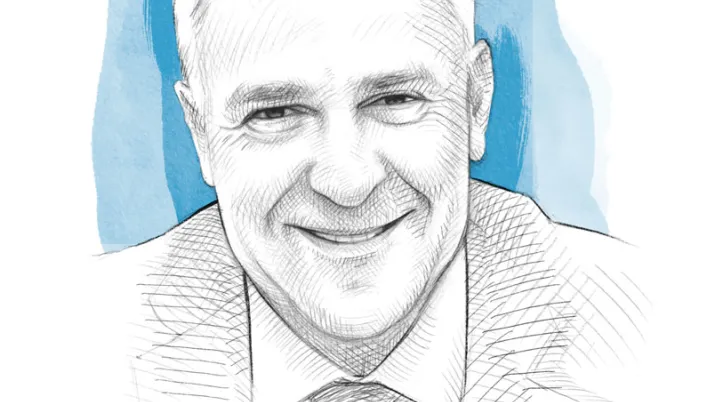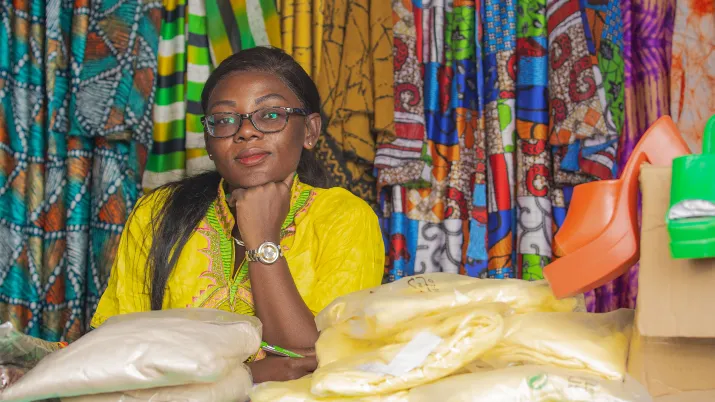Share the page
SHARAKA - Support project for the EU-Morocco Mobility Partnership
Project
Published on
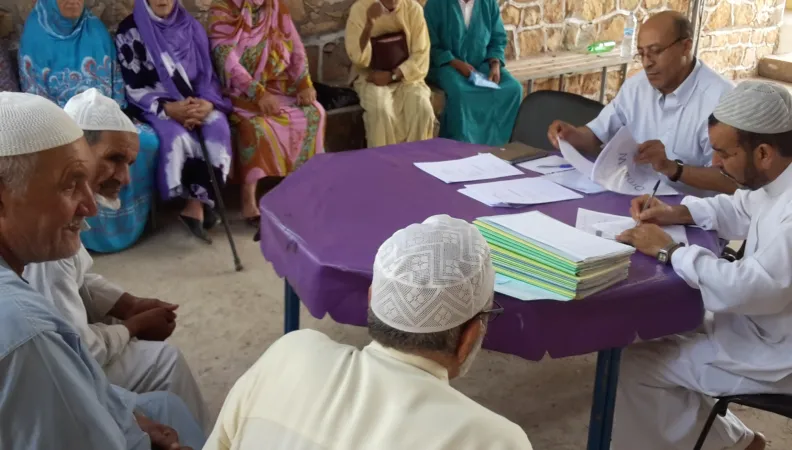
-
Project start date
-
Status
Closed
-
Project end date
-
-
Financing amount (Euro)
-
5,2 M
-
Country and region
-
Partners
Sharaka aims to highlight and develop the positive aspects of migration for both Morocco and the EU, by promoting the human, social and economic capital of Moroccans abroad in both areas.
An EU-Morocco Mobility Partnership was signed on 7 June 2013 between the European Commission, the Moroccan Ministry of Foreign Affairs and Cooperation and 9 participating EU Member States - Belgium, Germany, Spain, France, Italy, the Netherlands, Portugal, Sweden and the United Kingdom.
The SHARAKA project is the flagship initiative of this partnership, implemented under a management delegation to Expertise France.
The project aims to build the capacity of Moroccan institutions in charge of migration and development issues by mobilising public expertise from 7 EU member states* directly involved in the project (France, Germany, Sweden, the Netherlands, Spain, Italy and Belgium) and complementary independent expertise.
This innovative approach strengthens partnerships and collaboration between European institutions and public operators in charge of these issues and their Moroccan counterparts, and encourages the sharing of knowledge and experience as well as exchanges between peers.
*GIZ, Fedasil and the Belgian Federal Public Service of the Interior, the Spanish Ministry of Employment and Social Security, the Dutch and French Ministries of Foreign Affairs, OFII, the Italian Ministry of Labour and Social Policy and the Swedish National Employment Agency.
The SHARAKA project's areas of intervention
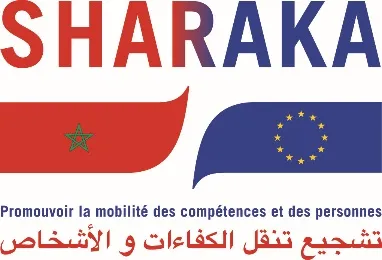
Migration and development
The Ministry for Moroccans Residing Abroad and Migration Affairs (MCMREAM), together with the Sharaka project, has drawn up a map listing the Migration and Development initiatives implemented in Morocco over the last ten years.
Analysis of the data collected using this mapping tool has enabled the most relevant practices to be identified and redeployed through an integrated project aimed at Moroccans living abroad in the Oriental region (PRIMO programme).
Mobilising the skills of Moroccans living abroad
This component should help to increase the effectiveness of public policies to mobilise the skills of Moroccans living abroad (MRE) conducted by MCMREAM.
The aim is to formulate operational action programmes designed to encourage the mobilisation of the various skills of Moroccans living abroad to meet Morocco's priority development needs.
To achieve this, it focuses on two complementary areas of work:
- To provide a better understanding of the characteristics of the Moroccan community worldwide and a review of the tools available to mobilise it;
- To support the implementation of the national strategy for Moroccans living abroad and its development into three-year action plans for each of the main countries of residence of Moroccans in Europe.
Professional integration of regularised immigrants in Morocco
The aim is to support the Moroccan authorities in improving the professional integration of regularised migrants into the Moroccan labour market. Following an exceptional campaign to regularise migrants in 2014, the Moroccan Ministry of Employment and Social Action and the National Agency for the Promotion of Employment and Skills (ANAPEC) aim to develop a national strategy for the professional integration of migrants, to open up public employment services to regularised migrants, and thus to contribute to the implementation of the immigration strategy coordinated by the MCMREAM.
Following an assessment of ANAPEC's capacity to help regularised immigrants living in Morocco find employment, ANAPEC's services were opened up to regularised immigrants. This pilot project, carried out in 5 ANAPEC branches (Casablanca, Rabat, Tangiers, Fez and Oujda), should enable a national strategy to be drawn up and, in time, the scheme to be rolled out throughout the country.
International placement of Moroccan workers
Following an assessment of ANAPEC's capacity to act on the international placement of Moroccan labour migrants, this section will focus on facilitating the identification of job opportunities and trends in European labour markets, through the creation of a Euro-Moroccan network for the international placement of workers.
ANAPEC is also at the centre of strengthening public-private exchanges between employment services, chambers of commerce and European companies in Morocco in order to enhance its skills in the international placement sector.
Reintegration of MREs returning to Morocco
The actions mobilise reintegration stakeholders in Morocco and Europe with the aim of formalising a consultation network.
Within this committee, MCMREAM, civil society organisations and representatives of MREs are co-drafting recommendations for a Moroccan reintegration support strategy, as well as information tools for MREs.
Thanks to the mobilisation of European expertise, specific themes are benefiting from the exchange of experience: emergency return, transfer of social rights and reintegration assistance schemes, with a view to improving services for MREs.
Focus on PRIMO, the regional MRE initiatives programme in the Oriental region
Following the capitalisation of best practice in the field of migration and development, a joint programme with MCMREAM has been developed to test the implementation of Morocco's New Migration Policy (NPM) in the Oriental region.
The programme supports MCMREAM in steering and implementing its strategy in favour of Moroccans living abroad at regional level, in line with the new framework of responsibility for local authorities created by the reform of advanced regionalisation.
The aim of this pilot programme is to consolidate the links between Moroccans living abroad and their home region, and to strengthen collaboration between national and regional players working with Moroccans living abroad. In this context, it aims to better meet the needs of Moroccans living abroad, while emphasising their role in the development of the Oriental region.
It is divided into four projects, each with the following objectives:
- Promoting the region
- Integrating an MRE component into the regional planning strategy
- Support for MRE investors
- Socio-economic support for MREs.
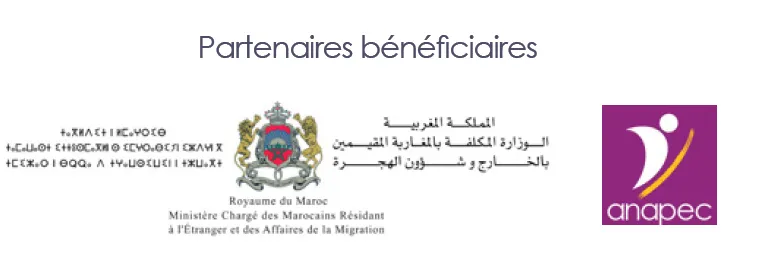
on the same topic
SecFin Africa
Ongoing
2024 - 2028
Funders : European Union, German State (BMZ), Ministry of Economics, Finance and Industrial and Digital Sovereignty of France, Ministry for Europe and Foreign Affairs of France
EU Global Facility on Anti-Money Laundering and Countering the Financing of Terrorism (GF-AML/CFT)
Ongoing
2017 - 2026
Funders : European Union
Implementing effective Green Budgeting practices in the European Union
Ongoing
2025 - 2028
Funders : European Union






